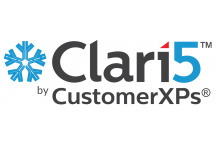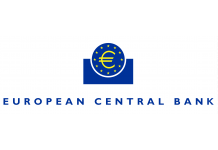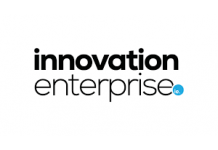Hex Trust Partners with Grass, the Cutting-Edge...
- 06.09.2024 11:22 am
WHISHWORKS Announces Ambitious Plans for UK Growth and...
- 09.05.2019 08:45 am
Big Data made simple
- 12.09.2018 12:51 pm
Tieto Intelligent Wellbeing is the first Nordic AI and...
- 21.05.2018 10:20 am
ITRS releases integrations to monitor leading open...
- 04.04.2018 12:50 pm
Leveraging Big Data Analytics in Banking
- 23.06.2017 01:00 pm
RavenPack Secures $5 Million Funding
- 21.03.2017 02:00 pm
European Central Bank Proceeds Enormous Amounts of...
- 16.03.2017 12:00 pm
Advanced Logic Analytics Launchs Into the Global...
- 24.01.2017 10:00 am
Findings Reveal Big Data Disconnect in the Boardroom
- 12.01.2017 01:30 pm
Big Data & Analytics for Banking Summit
- 22.11.2016 07:45 am
BizEquity and Equifax Team Up to Deliver Big Data for...
- 14.09.2016 01:00 pm






















